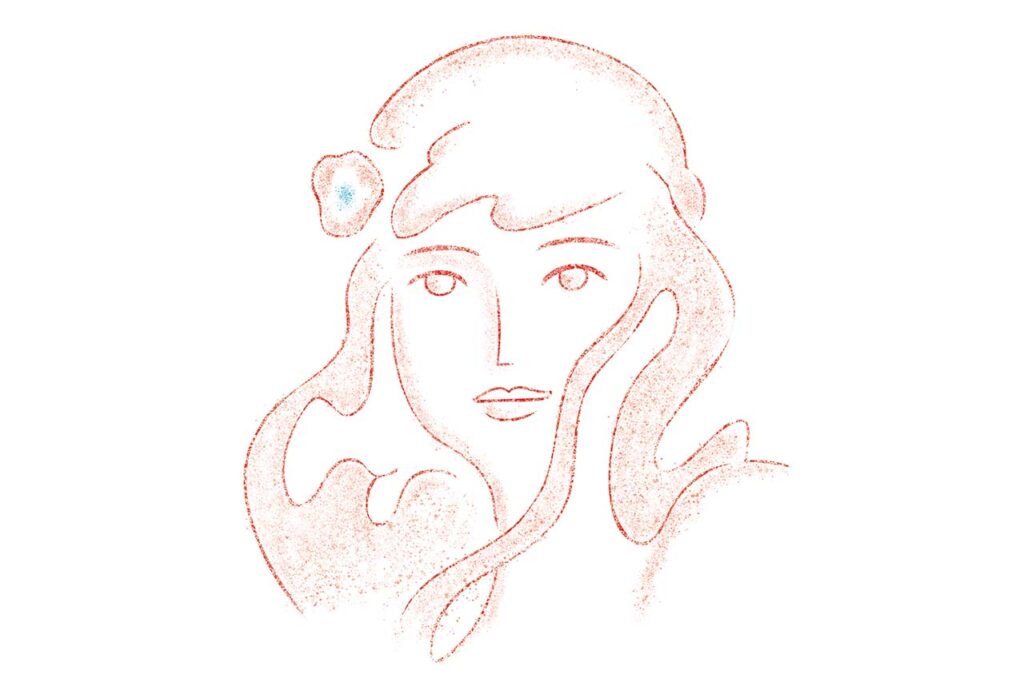[LUM#3] The university at the bedside of secularism
Restoring meaning to the concept of secularism: a crucial challenge that the university is tackling through two dedicated courses open to professionals.

"Secularism: an outdated idea?" As provocative as it may seem, the question posed last October on public radio has the merit of shedding light on a reality: in France in 2016, secularism can no longer be taken for granted. Challenged and questioned, the old lady is looking for a second wind, 111 years after its consecration by the law separating church and state. At issue is the impression that its principles are disconnected from today's more complex social reality. There is also a sense that it is increasingly unable to foster a feeling of cohesion throughout society.
From principle to reality
Is it still possible to discuss secularism without stirring up passions? Yes, according to two educational initiatives at the university. It is possible and even necessary, according to Jean-Paul Udave, director of the Faculty of Education in Montpellier, which has been offering a course entitled "Secularism and Multiculturalism in Professional Situations" since 2015. The course traces the emergence and evolution of secularism from philosophical, historical, and legal perspectives. "There is a need in society today to better understand what secularism is, not as a value in itself but as a framework for applying the principles enshrined in the French constitution: freedom, and therefore freedom of conscience and expression; equality, and therefore equal treatment of citizens regardless of their religious affiliation or lack thereof; the neutrality of the state on religious issues; and finally, popular sovereignty, i.e., the fact that the law emanates from the nation and not from a religion. These are the principles. Jean-Paul Udave recognizes that these principles alone are no longer sufficient to bring to life a secularism that is widely perceived as an abstract idea. To respond to this need for meaning, half of the course is devoted to the study of practical cases. Offered as continuing education to professionals from various backgrounds, this diploma aims to provide participants with concrete tools for resolving conflictual professional situations.
Imams at university
The same objective is pursued using different methods at the Faculty of Law in Montpellier, where the university degree in "Religions and Democratic Society"also devotes part of its teaching to the question of secularism. Launched in 2005, the course has been open to professionals since last year, including religious leaders, while maintaining a principle of diversity. Students at the faculty now rub shoulders with deacons, imams, chaplains, teachers, local government officials, and community leaders. Gérard Gonzalez, the program director, explains the intention: "The aim is to explain that France is a country where there is extensive religious freedom, which implies rights but also a number of duties and limitations..." In short, to shed light on the subtleties of a form of secularism that seeks to protect everyone's beliefs while guaranteeing the independence of the state.
Religious leaders in university classrooms? The idea may seem surprising, but it reflects a new way of thinking about the place of religion in education. "The way in which the idea of secularism was incorporated into education may have been a little too militant, underpinned by the idea that religion is exclusively a private matter," says Jean-Paul Udave. This view is now untenable in the face of the resurgence of religiosity in the public sphere.
Secular teaching of religion
If updating the software seems inevitable, this must necessarily be done through schools, according to the director of the Faculty of Education, which trains future teachers: "Institutions, and first and foremost schools, from kindergarten to university, have a duty not only to explain the values of the republic, but also to bring them to life. This requires less lecture-based teaching methods, the promotion of debate, student empowerment, and so on. " It also means introducing religion into the classroom as a tool for knowledge, in order to calmly guide the citizens of tomorrow in their search for identity and prevent them from going astray: "Reading the Bible or the Koran in class may be shocking, but schools have a duty to emancipate and educate students in reason, and this is part of that."
Find UM podcasts now available on your favorite platform (Spotify, Deezer, Apple Podcasts, Amazon Music, etc.).